Ahead of the 2023 general elections, the Independent National Electoral Commission, INEC, Tuesday, urged all political parties in Nigeria to ensure that there is level playing ground for women vying for political offices.
The Director INEC, Gender, and Inclusivity Department, Mrs Blessing Obidegwu who was speaking during an event: Women Aspirant Summit 2022: women working together for a democratic Nigeria, organised by: Women Radio, 100 Women Lobby Group, Women in Politics Forum and Nigerian Women Trust Fund, in Abuja, stated that the level playing ground was particularly on the nomination of candidates so that female candidates do not feel marginalized due to lack of internal party democracy.
Obidegwu while bemoaning the fact that that the Electoral Act recently signed into law by President Muhammadu Buhari has no defined provisions on affirmative action for women, stating that the Commission in its regular consultative meetings with political parties encourages them to ensure a level playing field for women.
She advised the Nigerian women to participate fully in the continuous voters registration, CVR, exercise as it is the first step in ensuring their participation as voters in the 2023 general elections, thus making their voices heard.
She stated that the total number of women who have successfully registered are 6,140,963, while that of the men counts 6,927,971.
She said: “During the celebration of 2022 International Women’s Day, the theme “Gender equality today for a sustainable tomorrow”, resonated with the Hon. Chairman, INEC who in his goodwill message to Nigerian women acknowledged the importance of inclusivity and the need to encourage active participation of women in the electoral process.
“It was for this reason that the Commission deliberately created the Gender and Inclusivity Department in March, 2021 to pay adequate attention to issues around gender. The Commission has also been impressing it on all registered political parties in the Country to promote greater access for women in the electoral process.
“INEC as an Election Management Body (EMB) strives towards gender responsiveness in its policies and practices, within and outside the Commission. One of such is the expansion of polling units which was done last year and is intended to solve the issue of accessibility by making polling units closer to voters especially for women and PWDs.
“INEC’s guidelines for conduct of poll officials on Election Day spells out the issue of gender sensitivity such as priority voting to pregnant women, nursing mothers and elderly women amongst other vulnerable groups.
“The reviewed INEC Gender Policy (IGP) 2021-2025 which will soon be presented to the public, replaces the maiden edition of 2014-2018. The IGP objectives are to: Ensure that INEC policies, plans, processes, and operations are gender responsive; encourage gender equity and balance within political parties especially in the identification of candidates line with the provision of their statutes; Increase budgetary provision and mobilize partners to effectively provide funding for gender sensitive actions within their purview; Support an enabling legislative environment to achieve gender equality and bridge gaps in political representation.
“The Commission still commits to a level playing field for all stakeholders as it believes that the equal participation of women and men in all aspects of public life is a key principle of democracy and the place of gender equality in democracy cannot be over emphasized.
“Women constitute almost half of Nigeria’s population and this considerable number cannot be ignored. Women groups and gender focused Civil Society Organisations such as Nigerian Women Trust Fund and its partners, help to strategize and facilitate the process of enabling the active participation of women by ensuring identified challenges are mitigated if not completely eliminated before Election Day.
“Regrettably, the Electoral Act 2022 recently signed into law by President Muhammadu Buhari has no defined provisions on affirmative action for women but has other provisions that can be of interest to the women folks, as such enhances the active participation of women in the 2023 General elections.
“Women can take advantage of this online process as it is user-friendly, seamless, can be done from the comfort of your home and reduces the waiting time at INEC Registration Centers. Special enrollment is also available for PWDs and INEC Registration Officers have been trained on gender sensitivity when capturing women who due to religious or cultural beliefs do not mingle with men.
“More so, the registration protocols makes provision for data capturing of gender, age, PWDs status and occupation for better planning of the electoral process.
“As at Monday, 21 March, 2022, a total of 6,140,963 females completed the online voter registration process as against males which is 6,927,971. Those who have completed the registration process by visiting INEC’s designated registration centers and have been issued Temporary Voters Card (TVC), shows 2,195,956 females.
“The Commission wishes to appeal to women to participate fully in the CVR exercise as this is the first step in ensuring your participation as voters in the 2023 general elections, thus making your voices heard.
“The Commission in its regular consultative meetings with political parties encourages them to ensure a level playing field for women, especially in the nomination of candidates, so that female candidates do not feel marginalized due to lack of internal party democracy.
“It is my hope that women will take advantage of provisions in the new Electoral Act, 2022 and actively participate in the 2023 general elections. While primed to avail themselves of opportunities in the future, women need to continually engage relevant democratic institutions to enact laws which will address identified hindrances and promote greater participation in public life..
“INEC is fully committed to operate within the extant laws to create a level playing field for all stakeholders especially women to participate in the electoral space on the basis of equality. The Commission as a gender responsive government institution, will continue to support actions and advocacy by groups aimed at enhancing the electoral system.
“This is hinged on our firm belief that stakeholders’ collective actions will help tackle issues of monetization of the electoral process, bribery, vote buying and selling, tracking of campaign finances and inadequate provisions to encourage greater participation of marginalized groups such as women in the promotion of a more inclusive process for sustainable democracy in Nigeria.”
MEANWHILE, The Chief Executive Officer, CEO, of Nigerian Women Trust Fund, Mufuliat Fijabi, asserted that one of the major challenge bediviling the women to compete favourably with the male countee part is lack of adequate resources.
She said: “The multiple challenges which include lack of resources to compete very well with male candidates on the same footing, political parties bureaucracy/bottleneck, state of insecurity and most importantly socio cultural and religious interpretations barriers. While acknowledging this barriers, we are confident that with your presence and commitment, the barriers will and must eventually give way to a truly inclusive democracy in Nigeria.
“Nigerian women have come a long way and we cannot afford to stop or be exhausted until we get to where we are recognized, acknowledged, and supported. Our presence is critical to the deepening of democratic practice in Nigeria. Women inclusion is the bedrock of a principled and truly democratic practice in Nigeria.”
On her part, the National Coordinator, 100 Women Lobby Group, Felicia Onibon, said it was time for women to raise their voices.
She described Nigerian women as strong, hardworking and intelligent.
Onibon, who appreciated those women coming out again to contest for elective positions, enjoined them not to be discouraged or relent in their efforts.
The President, Women in Politics Forum, Ebere Ifendu, stressed that 2023 elections would not be allowed to come without women making a statement.
Also speaking, the CEO of Nigerian Women Trust Fund, Mufuliat Fijabi, said though there are challenges facing women in politics, “we will not stop to be part of the governance process in Nigeria.”
Some of the women aspirants, who spoke to NAN, about their intention to vie for election come 2023 include Ada-Ezinne Chukwu, a presidential aspirant on the platform of Peoples Redemption Party, PRP,
Others are Prof. Funmilayo Adesanya-Davies, a presidential aspirant on Peoples Democratic Party (PDP)’s platform; and Cesnabmihilo Nuhu-Aken’Ova, a presidential aspirant on the platform of Social Democratic Party, SDP.
Others are Filia Henshaw-Etim, a Cross River governorship aspirant on PDP’s platform; Hyellagiziya Naiwa Fakuta who is aspiring to contest for an election into Gombi/Hong Federal Constituency in the House of Representatives, among others.

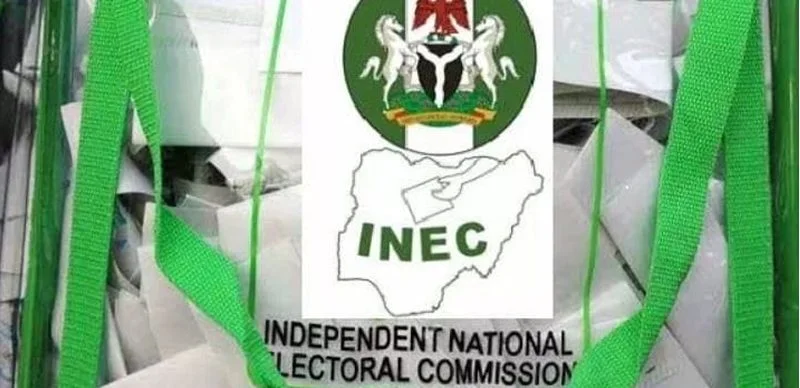
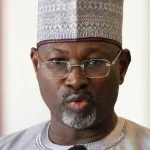

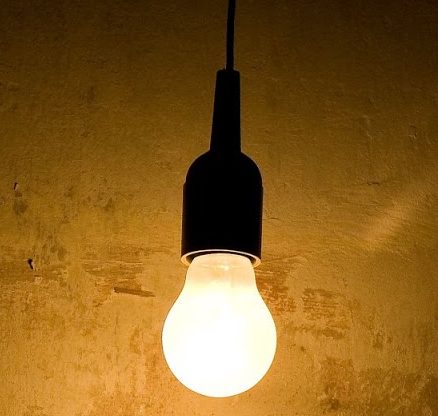
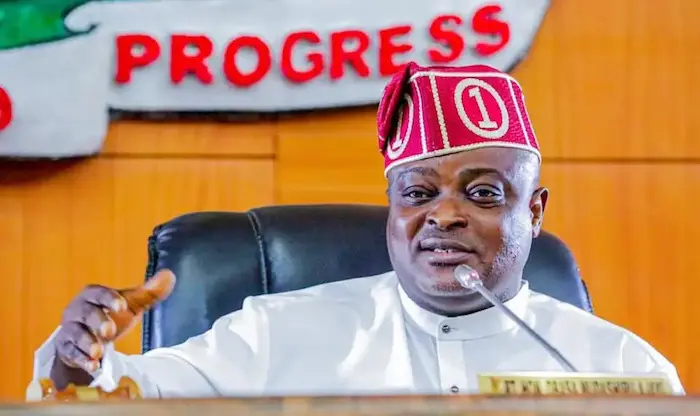
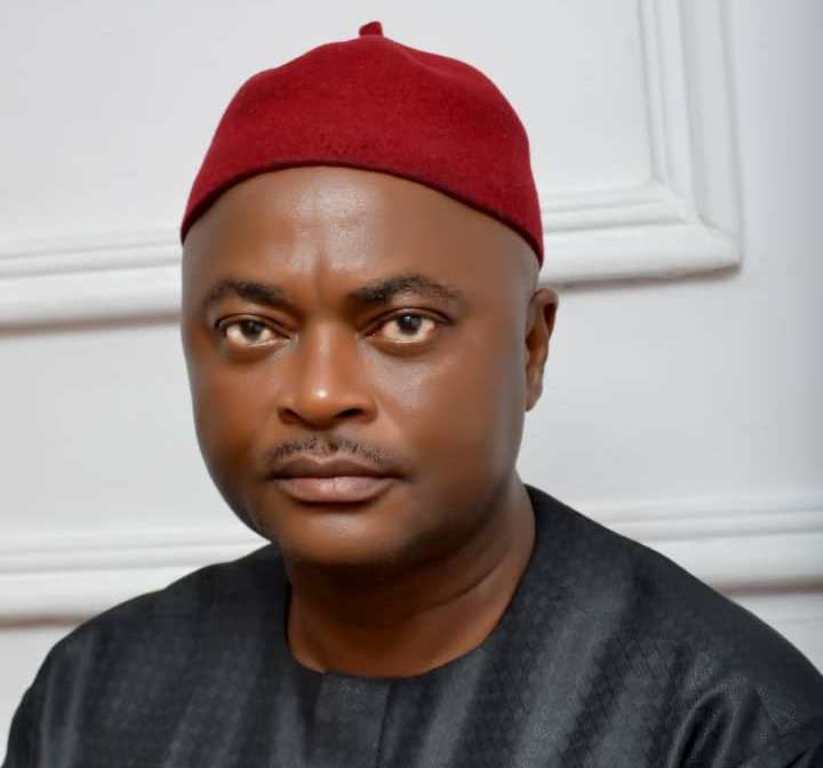
2 Comments